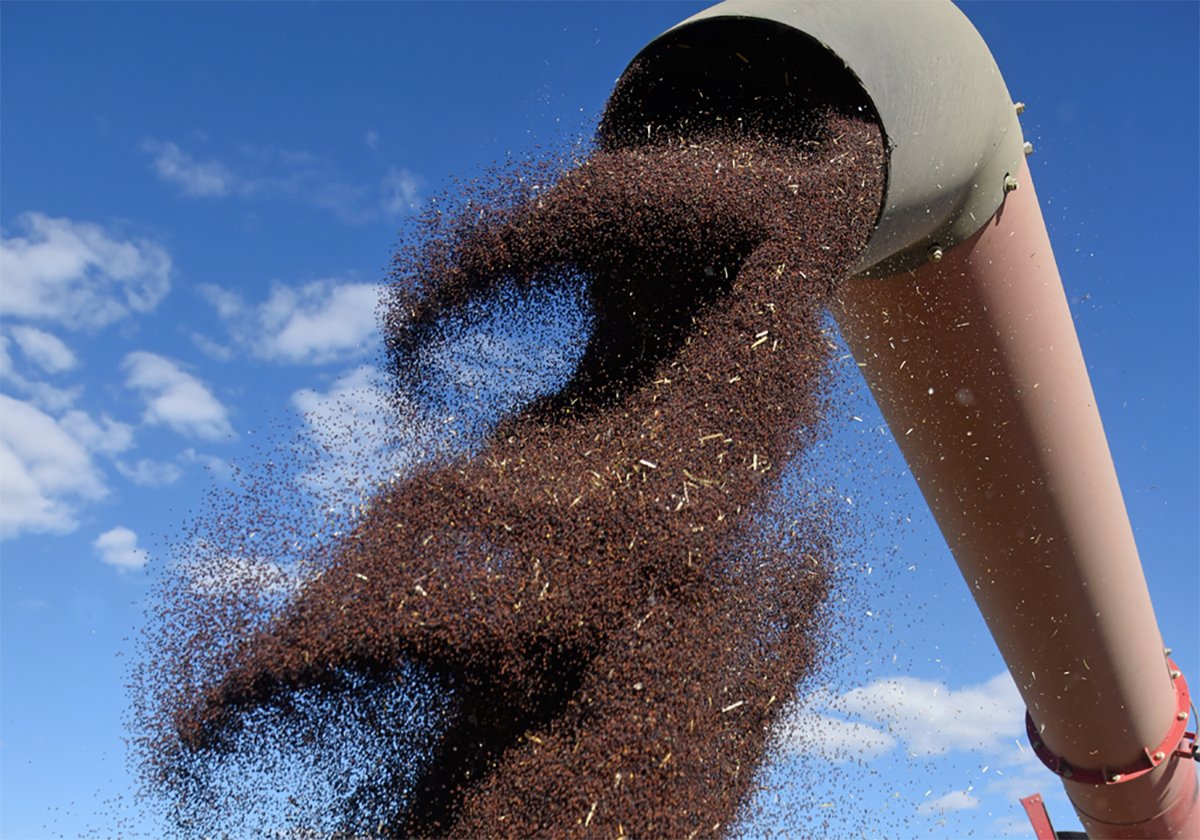The Saskatchewan government recently bought a beef packing plant, part of a hog barn company and a substantial chunk of a hamburger manufacturer.
It’s no coincidence that the Crown Investments Corporation has been concentrating on agriculture and food products. It’s deliberate policy, according to the minister in charge of the government’s holding company.
In 1996 the government reviewed all the holdings of CIC, which includes an insurance company, a power company, a telephone company, a natural gas utility and investments in many smaller companies.
“One of the things we realized was that even though we are an agricultural province, in the crown sector we didn’t have a lot of investments in the value-added food business,” said John Nilson, in an interview.
Read Also

Ag minister says tariff situation with China is fragile, volatile
Agriculture ministers from across Canada said they heard canola producers’ concerns about tariffs but it seems unlikely they can do much about them.
“A few years ago we started taking a look and seeing where would there be some possibilities for us.”
The point of investing in companies such as Western Canadian Beef Packers, Big Sky Farms and Centennial Food Products is to encourage other investors to invest in value-added processing and to create enough of a critical mass that the sector begins building itself.
“Obtaining the capital and developing a significant mass of business in a particular area is important for us as a crown to do because once there is a significant mass there, then the pension plans and other large investors are willing to move into the sector and take over for us,” said Nilson.
Mark Wiens, chief financial officer of Centennial Food Corp., said his company probably would not have set its new plant in Saskatoon without CIC’s investment.
“One needs an infrastructure put in place before you’re going to attract a lot of capital to build things like this,” said Wiens.
“It would have been a very, very difficult decision to go to Saskatchewan if we
didn’t have CIC as a partner.”
Instead, the company would likely have built its new plant down the street from its present Calgary one, Wiens said.
Robert Meijer, of the Canadian Federation of Independent Business, said the government should stay out of direct investments in business.
“The problem is that when these things go sour, when those things go in the tank, we know the government has a pretty deep pocket to go to: the taxpayer,” said Meijer.
“Unlike the (private) investor, where sooner or later the well dries up, governments have an endless supply of money if they want to tax us to death.”
The Saskatchewan Party says private investors would build businesses like the government has bought if only taxes were lower.
However, Saskatchewan Party MLA Yogi Huyghebaert refused to say what the government should do if it is faced with the decision of either directly investing in an industry or seeing it go elsewhere.
That’s the situation Nilson said the government has faced with its recent investments; development won’t happen in Saskatchewan if the government doesn’t invest.
Nilson said the government doesn’t want to own businesses, but feels it has a responsibility to help build them and then hand them on to private investors.
“We want to make strategic capital investments in sectors of the economy which will grow,” Nilson said.















